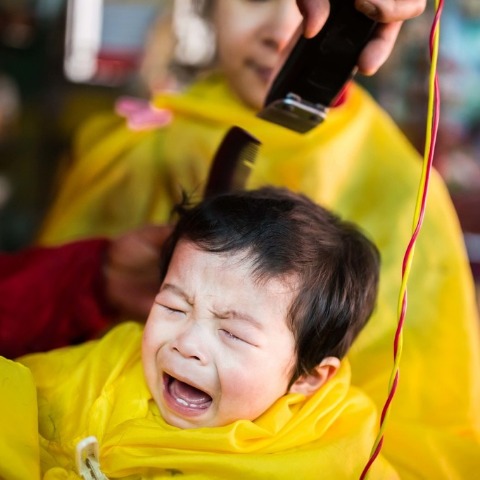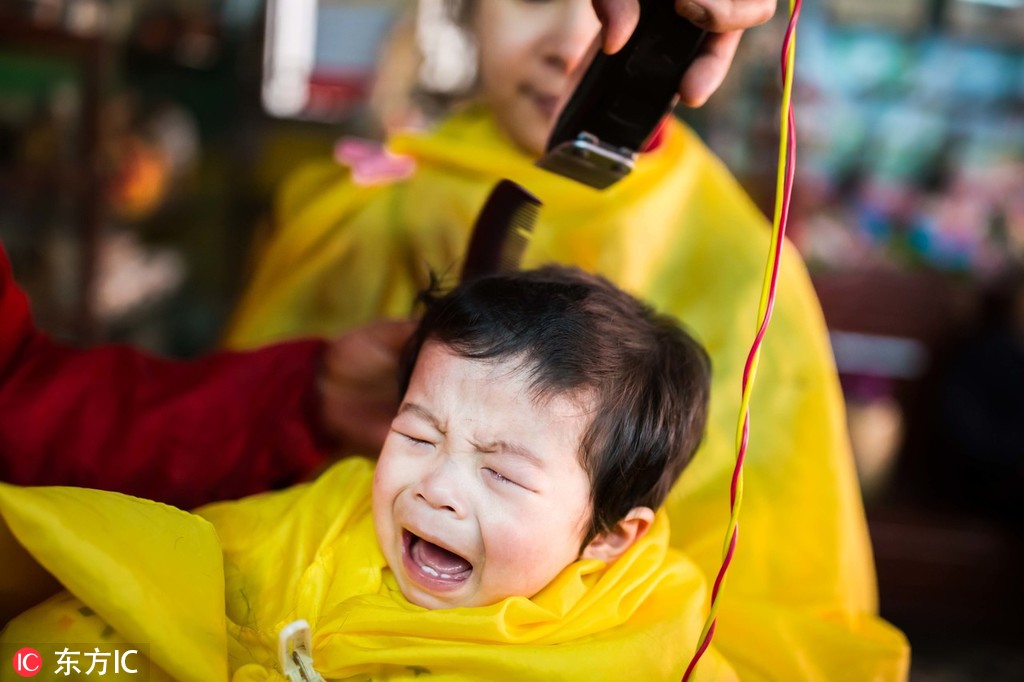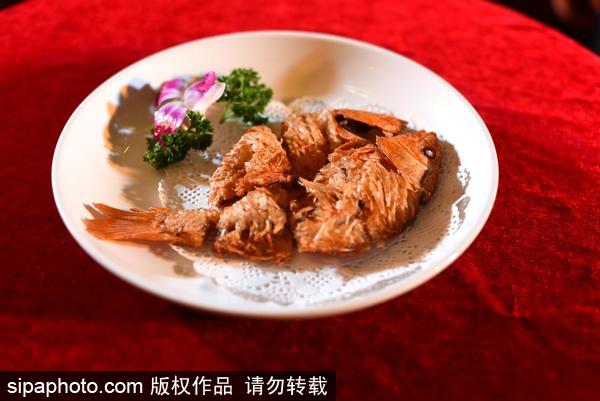


You have probably heard a lot about Spring Festival traditions and customs, but what about taboos (禁忌,jìn jì)? People usually don't tell you about them until you break a cultural taboo or step on someone's toes, often totally inadvertently (无心地,wú xīn de). Did you know that if you get your hair cut anytime during the first lunar month (正月,zhēng yuè), bad luck (厄运,è yùn) will befall upon your maternal uncles (舅舅,jiù jiu).

Whether or not you believe in these superstitions (迷信,mí xìn), it pays to show respect for them; for Chinese people, it's how we try to keep traditions alive.
No Cursing
There should be no cursing (说脏话,shuō zāng huà) or inauspicious words spoken during the Chinese New Year celebration. You should not mention anything associated with death (死,sǐ) or "termination (终,zhōng)." If, for example, you finish your food on your plate before everybody else, avoid loudly announcing “I’m done (我吃完了,wǒ chī wán le)!”.
No Medicine

It is a taboo for a person to brew herbal medicine (熬中药,áo zhōng yào) or take medicine (吃药,chī yào) on the first day of the lunar year, otherwise it is believed he or she will get ill for a whole year. In some places, after the bell announcing the New Year at midnight New Year's Day, sickly people (病人,bìng rén) break their gallipots (药罐子,yào guàn zi) in the belief that this custom will drive the illness away in the coming year.
No visit
A married daughter (出嫁的女儿,chū jià de nǚ ér) is not allowed to visit the house of her parents (回娘家,huí niáng jia) on the first day of the Chinese New Year, as this is believed to bring bad luck to the parents, causing economic hardship for the family. Traditionally a married daughter visits the house of her parents on the second day of Chinese New Year.
Do Not Finish a Fish

There is a Chinese idiom 年年有余 (nián nián yǒu yú) which means “having more than enough each and every year.” The character 余 (yú, meaning "surplus") has the exact same pronunciation to 鱼 (yú, meaning "fish"); for this reason, preparing a fish dish for every new year's dinner and also leaving behind some of it on the plate after the meal symbolizes prosperity and abundance in the year ahead.
Do Not Sweep or Take Out Garbage
The act of sweeping (打扫,dǎ sǎo) on the first day of the Chinese New Year is associated with sweeping wealth away. Taking out garbage (倒垃圾,dào lā jī) symbolizes dumping out the good luck or good fortune from the house.
Oh, and one more thing. In case you break anything, like a plate, make sure you say 岁岁平安 (suì suì píng ān, meaning “peace all year round”) out aloud. Because the character 岁 (suì, meaning "year") sounds the same as 碎 (suì, break). By saying these words, an unpleasant situation can be turned into a blessing.
Source: The Beijinger, China Highlights
Editor: Jade
If you have any problems with this article, please contact us at app@chinadaily.com.cn and we'll immediately get back to you.